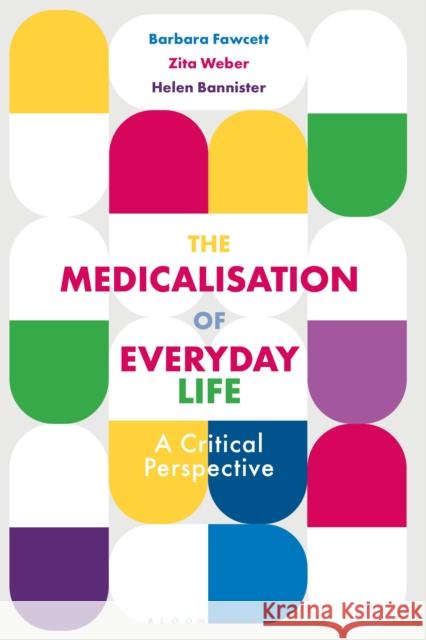The Medicalisation of Everyday Life: A Critical Perspective » książka
topmenu
The Medicalisation of Everyday Life: A Critical Perspective
ISBN-13: 9781352008272 / Angielski / Miękka / 2020 / 174 str.
Kategorie BISAC:
Wydawca:
Red Globe Press
Język:
Angielski
ISBN-13:
9781352008272
Rok wydania:
2020
Wydanie:
2020
Ilość stron:
174
Waga:
0.37 kg
Wymiary:
24.4 x 15.6 x 1.1
Oprawa:
Miękka
Wolumenów:
01











